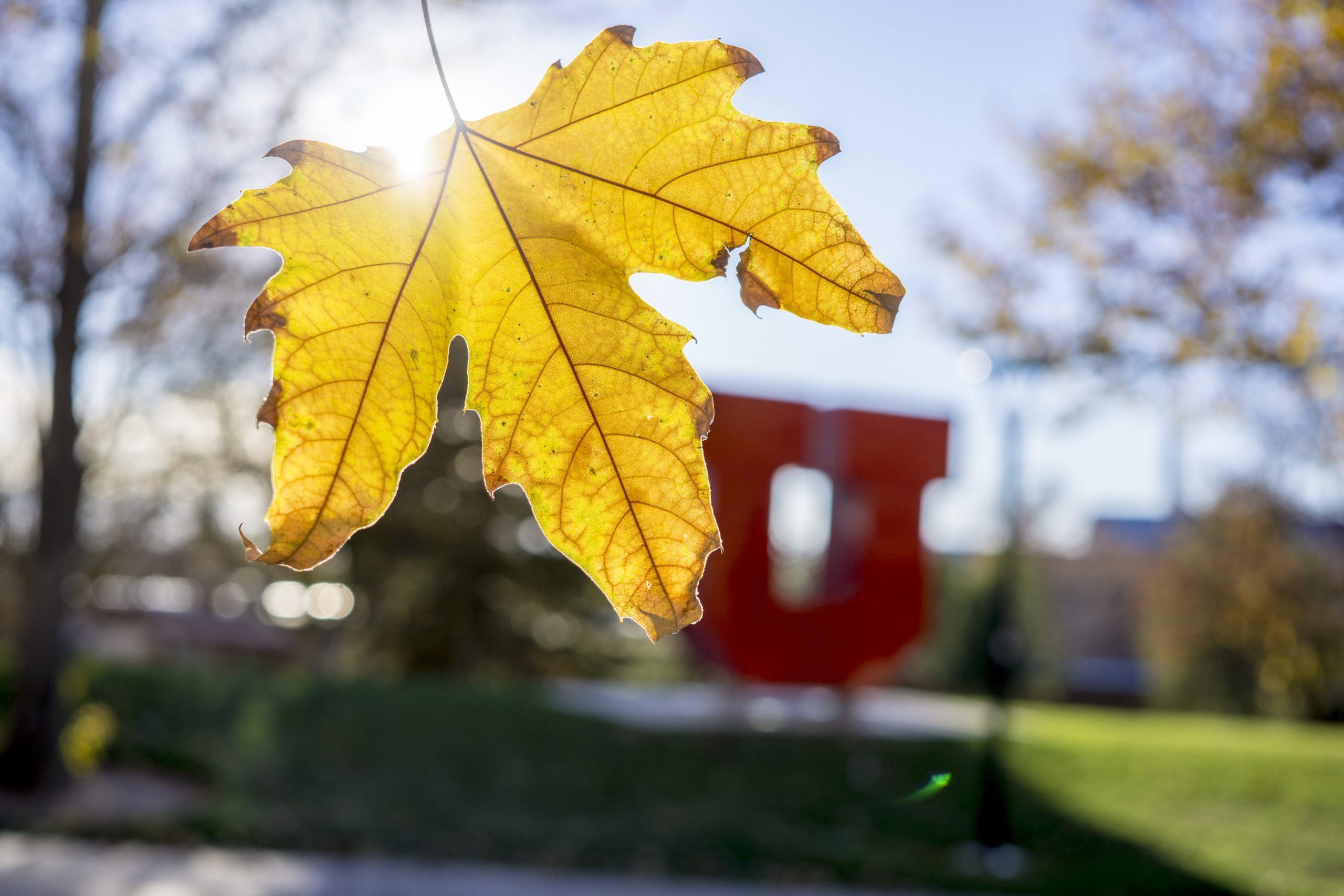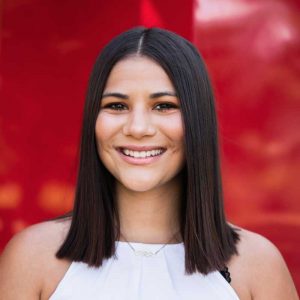
Michelle Valdes
I took a Praxis Lab through the University of Utah Honors College in 2018-2019. A Praxis Lab is a year-long experiential course with a “theme” focused on real-world issues. The course is split into two parts, Fall and Spring. Fall, being utilized as a traditional education course and Spring shifting the focus to creating a solution to mitigate the issue in our local community– with a $5,000 budget.
The theme of the 2018 course I enrolled in was: Family Violence Across the Lifespan. We were led by two rockstar faculty members who were experts in their fields. Dr. Toni Laskey, a child abuse pediatrician at Primary Children’s Hospital, and Dr. Sonia Salari, a sociologist with specialties in elder abuse and murder-suicides as a result of intimate partner violence. There were seven other undergraduates in the course with me.
In Fall, we took the time to learn. We read books about intimate partner violence, watched movies about child abuse, hosted guest speakers, and enveloped ourselves in research papers. We learned that 1 in 4 women will be sexually assaulted in their life, a report of child abuse is made every 10 seconds, Utah is 9th in the nation for reported rape, 60% of Americans…
But, that’s the thing about statistics. You read them; you move on. For some of you, you might have glazed over and skipped them. Your mind doesn’t retain them or flag them for importance. Statistics don’t feel real until they are. October of 2018, a student on our campus, Lauren McCluskey, was senselessly murdered by a previous partner. Lauren was not just a statistic. She was a friend, an athlete, a peer, a daughter, and a University of Utah student.
This shifted everything. Not only did we understand the implications that intimate partner violence and interpersonal abuse could have on our local community, but we were also witnessing the tragedy that unfolds from the very instances we learned about in our classroom. We watched our community grieve, we mourned together, and we attempted to enact change to mitigate the violence in the future.
We moved into “Spring”. Both with the changing season and the academic milestone, but also with a shift in our mindsets. Too often in higher education and in life, we just learn. Learning is vital, but doing is how we change the world. Learning perpetuates inaction while doing changes the status quo.
We know the problem of intimate partner violence, we have learned that the issue is apparent, and we see its prevalence. We’ve all heard the statistics, and seen the implications play out. But the reality is– you know a survivor, or, you are a survivor.
The knowledge we have only taken us so far. Most of us spend our lives in “Fall”, when in reality to mitigate this issue in our local community and beyond– we must do. We must move into “Spring” and do anything we can to stop interpersonal violence. Both on college campuses and beyond.
In our Praxis Lab, Spring of 2019 we created an informational campaign called “ALIVE in the Beehive”. We hosted events, handed out informational pamphlets, we educated the campus on the local domestic violence lifeline (LINK line) through bracelets and social media, we wrote Op-Eds, created videos, talked with our administration, and tabled at every event that allowed us to. In Spring, we did.
Some of us went on to continue this work. My peer, Ayana Amaechi, and I dedicated the greater half of our undergraduate careers to attempting to enact changes to prevent intimate partner violence through student government, policy changes, work in the McCluskey Center for Violence Prevention, and even through research.
There is no need for everyone to enroll in a year-long experiential course or use that experience to kickstart their career paths. However, there is a need for everyone to attempt to stop interpersonal abuse. We can do the work, but we need to make sure that everyone is with us– doing.
We can use our knowledge to teach others, we can shift the focus to primary prevention (like at the McCluskey Center for Violence Prevention), or fight to enact policy changes (like Joint Resolution 6 through ASUU), or any other mitigating solution we see fit. The important part is that we are trying to end this violence– together. When we do nothing, or when we only learn, we only help the abusers continue their abuse. Inaction only helps abusers, it does nothing for the abused.
Dr. Laskey used to say to us, “we all deserve a life free from abuse.” I think I’ll add to that too, “we all deserve a life free from abuse, and we owe it to each other to make it happen.”

Michelle Valdes is a member of the MCVP advisory board, a student at the University of Utah, and the Vice President of Student Relations
